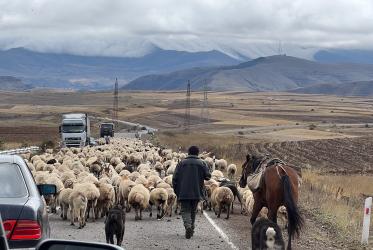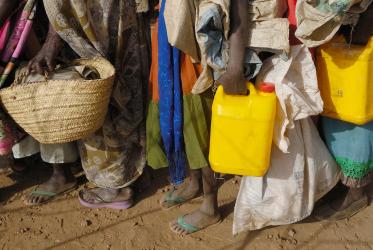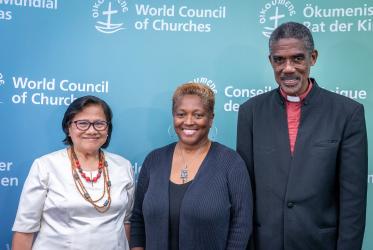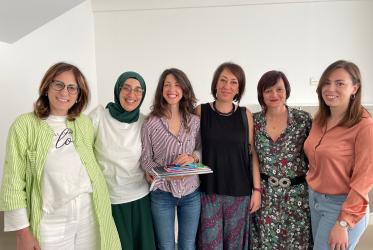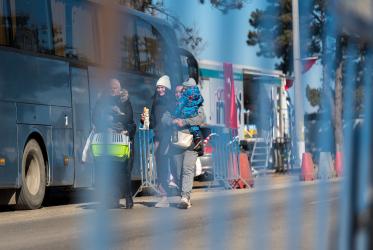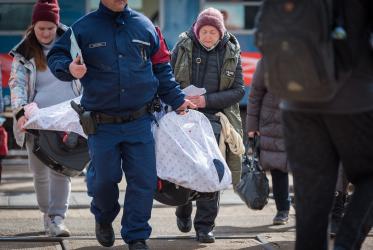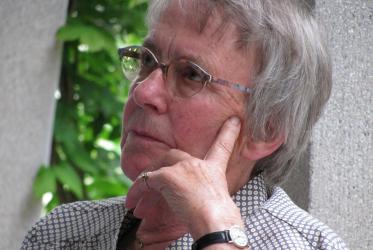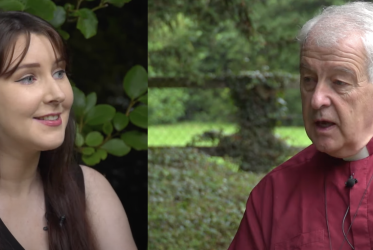Displaying 1 - 20 of 137
WCC delegation witnesses Azerbaijani forces shelling of Armenian enclave
25 September 2023
2022 Social Forum: Water for human rights and sustainable development
03 - 04 November 2022
Palais des Nations in Geneva, Switzerland
Uppsala 1968: The times, they were a’changing
06 September 2022
Indigenous women struggle for identity in Asia and beyond
05 September 2022
Women with disabilities want to belong in churches
31 August 2022

